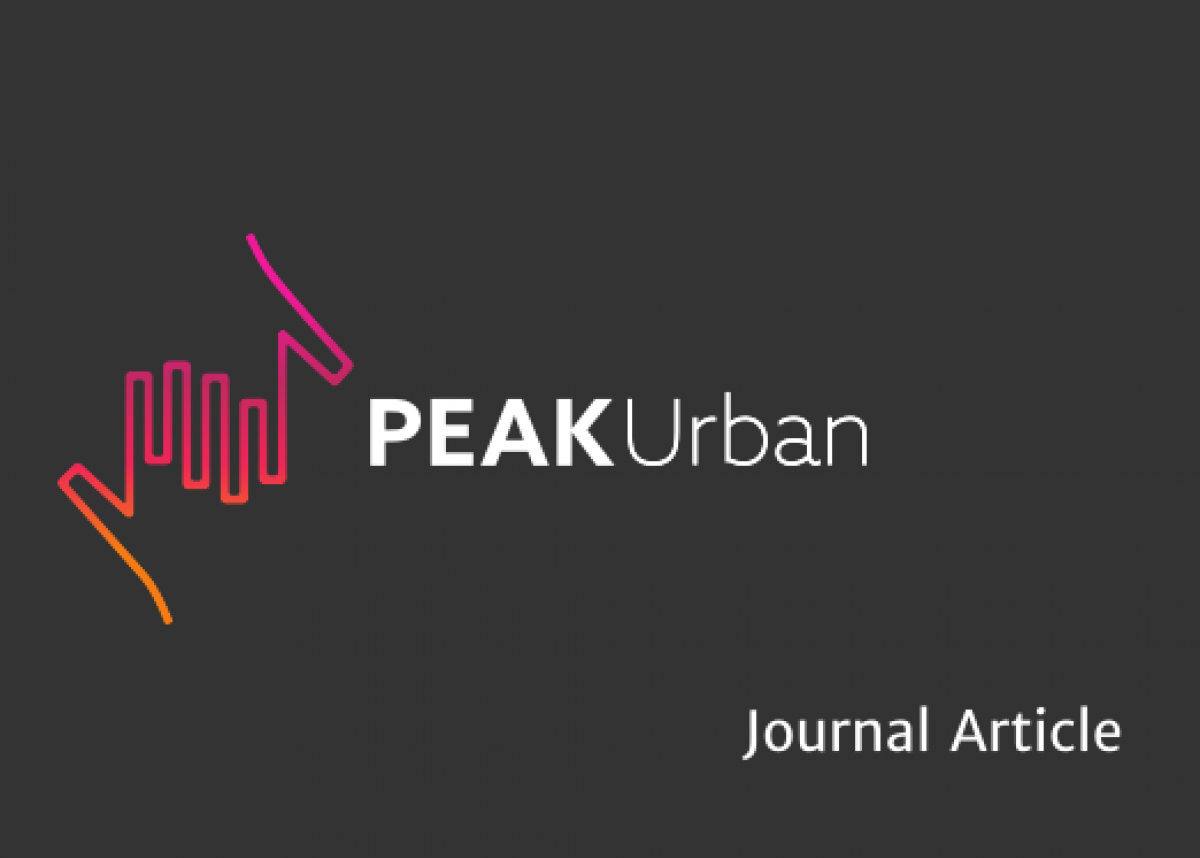
Understanding the relationships between wellbeing and mobility in the unequal city
Recent years have seen extensive interest in the relationships between urbanisation and city living and wellbeing as a subjectively experienced state.
This chapter from Urban Transformations and public health in the emergent city proposes firstly that for cities characterised by trenchant socio-spatial inequalities, wellbeing is best conceptualised in terms of capabilities, and secondly that capabilities need to be understood in a more dynamic and process-oriented manner and with greater consideration for experience than is common in most research on capabilities. The arguments are first elaborated in conceptual terms for the case of people’s everyday mobility in the city and then illustrated empirically, using a study about how community-led initiatives to support walking and cycling contribute to the wellbeing of marginalised social groups in São Paulo and London.
The findings show the importance of focusing attention on the ongoing and dynamic interweaving of capabilities, practices and experiences in research that seeks to understand the relationships between wellbeing and mobility in highly unequal cities.
The full text of this chapter, Understanding the relationships between wellbeing and mobility in the unequal city; the case of community initiatives promoting cycling and walking in São Paulo and London can be downloaded here.








